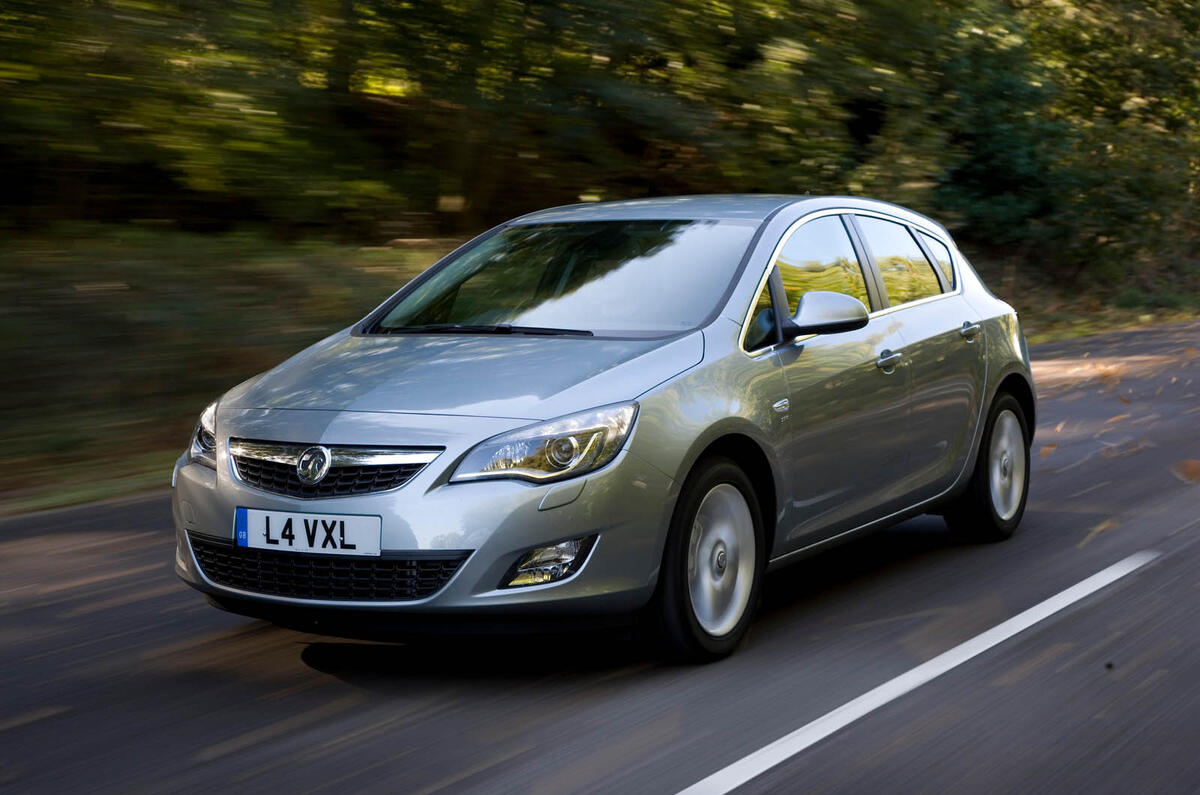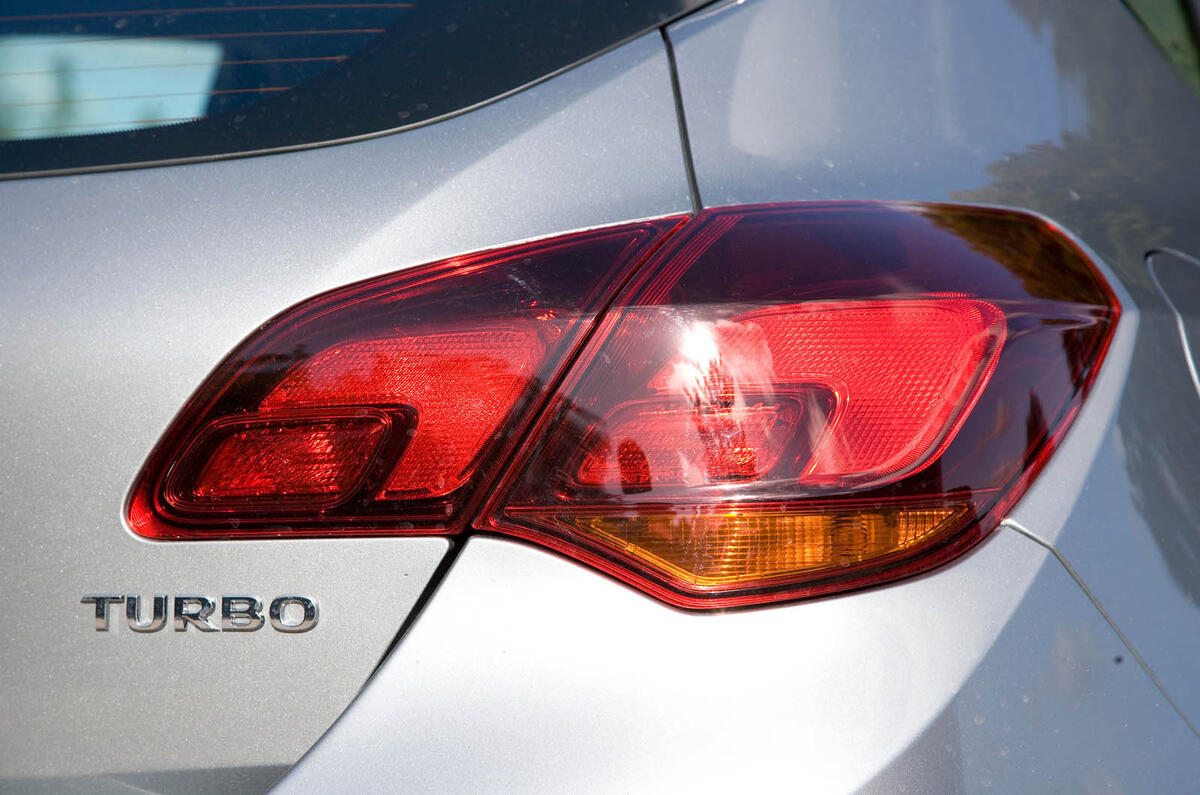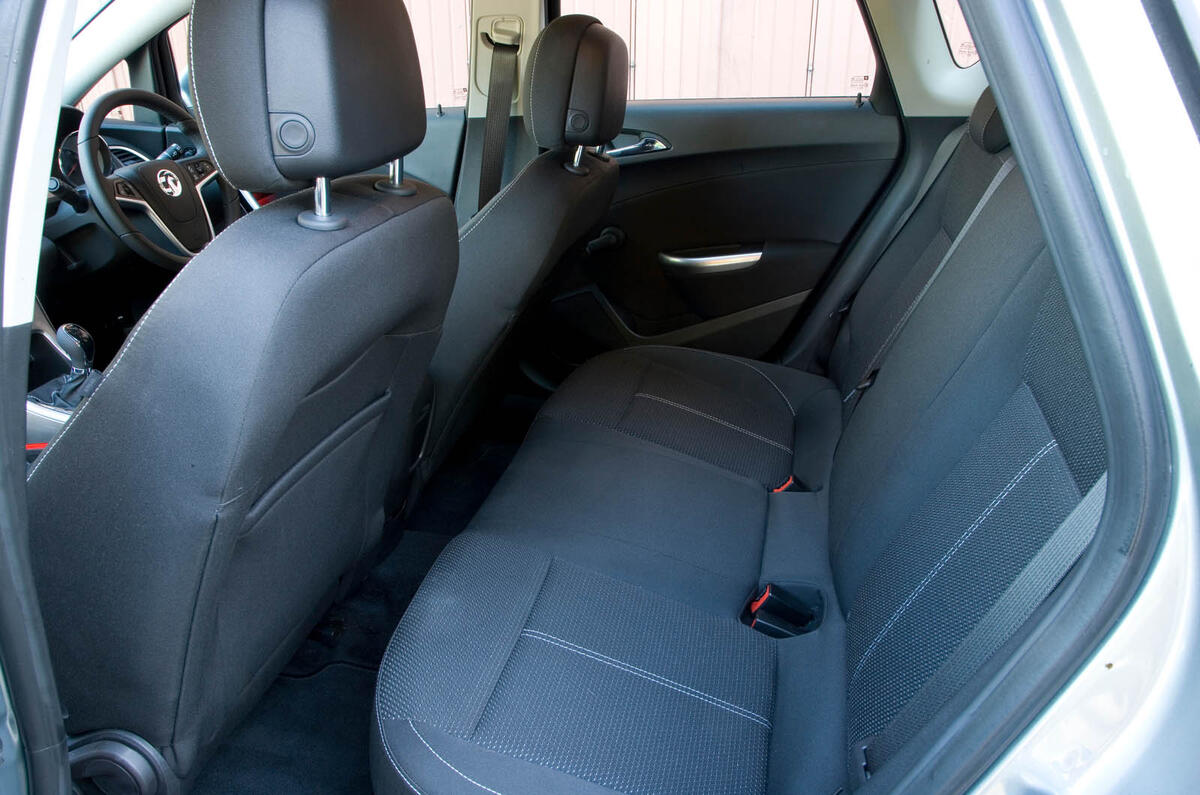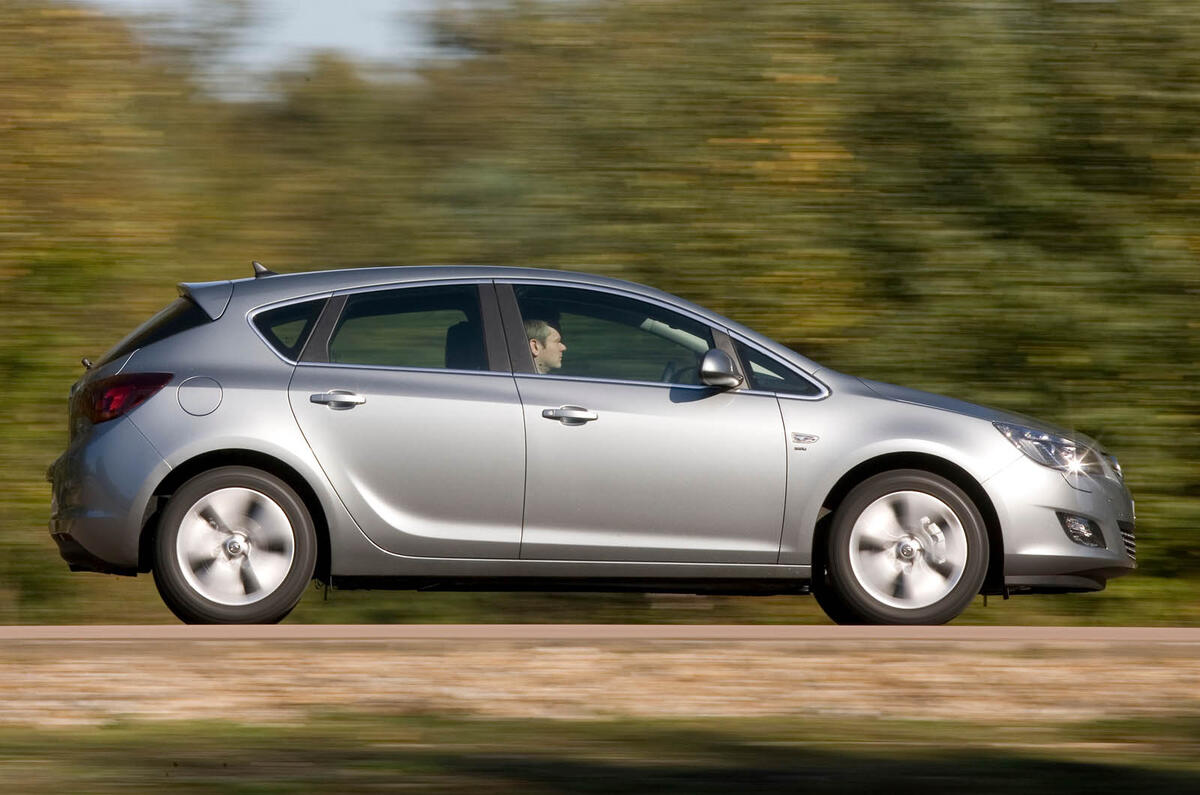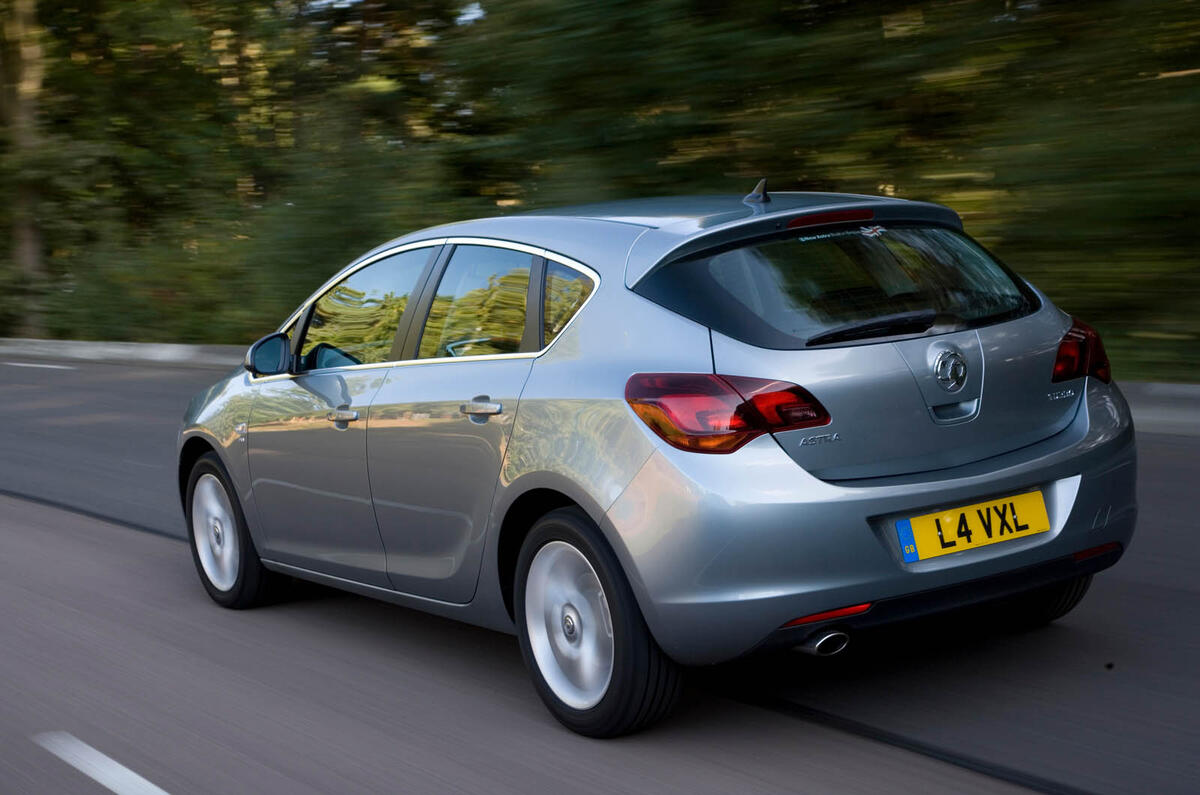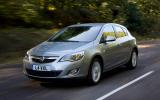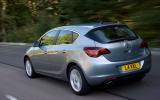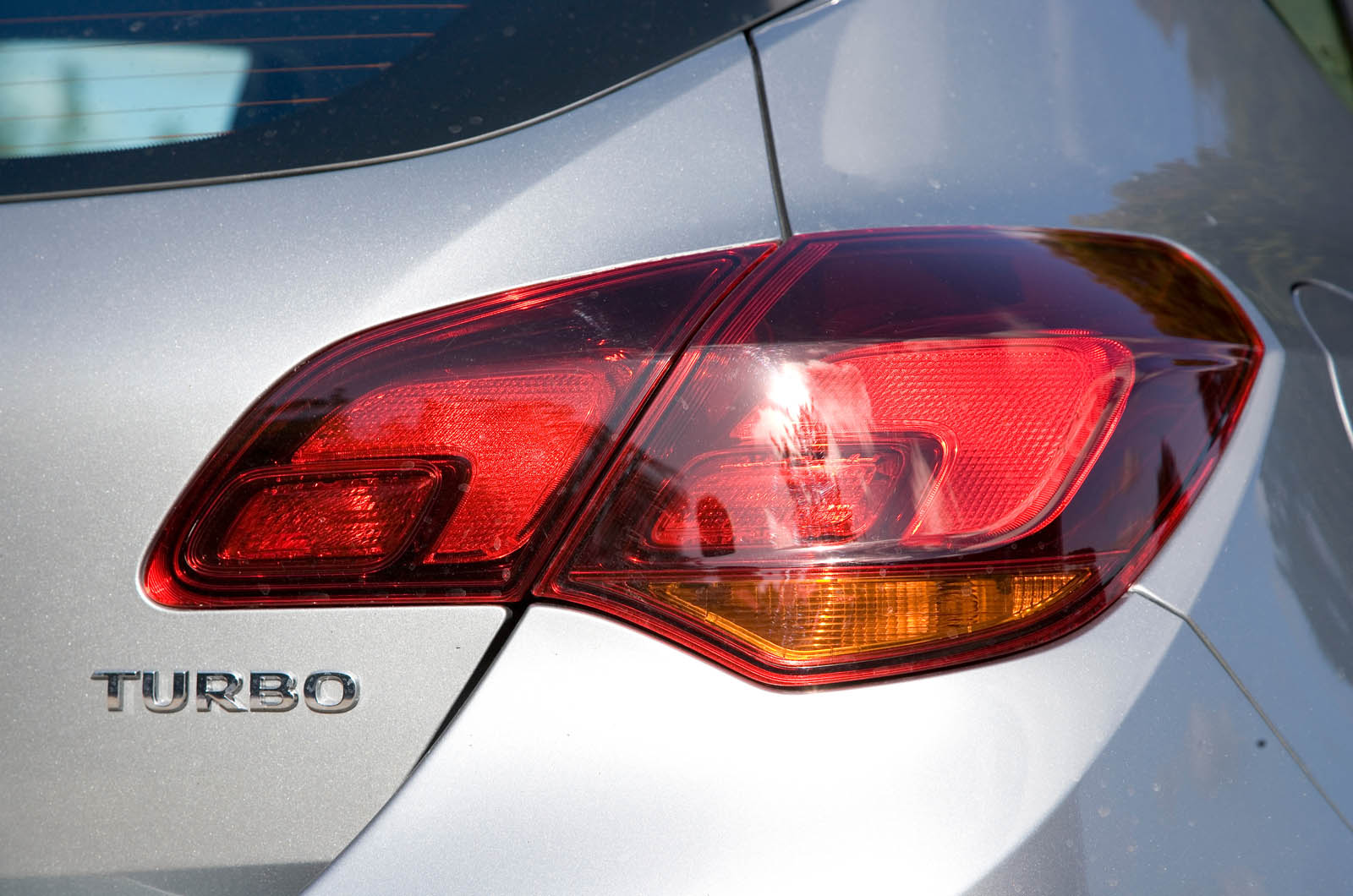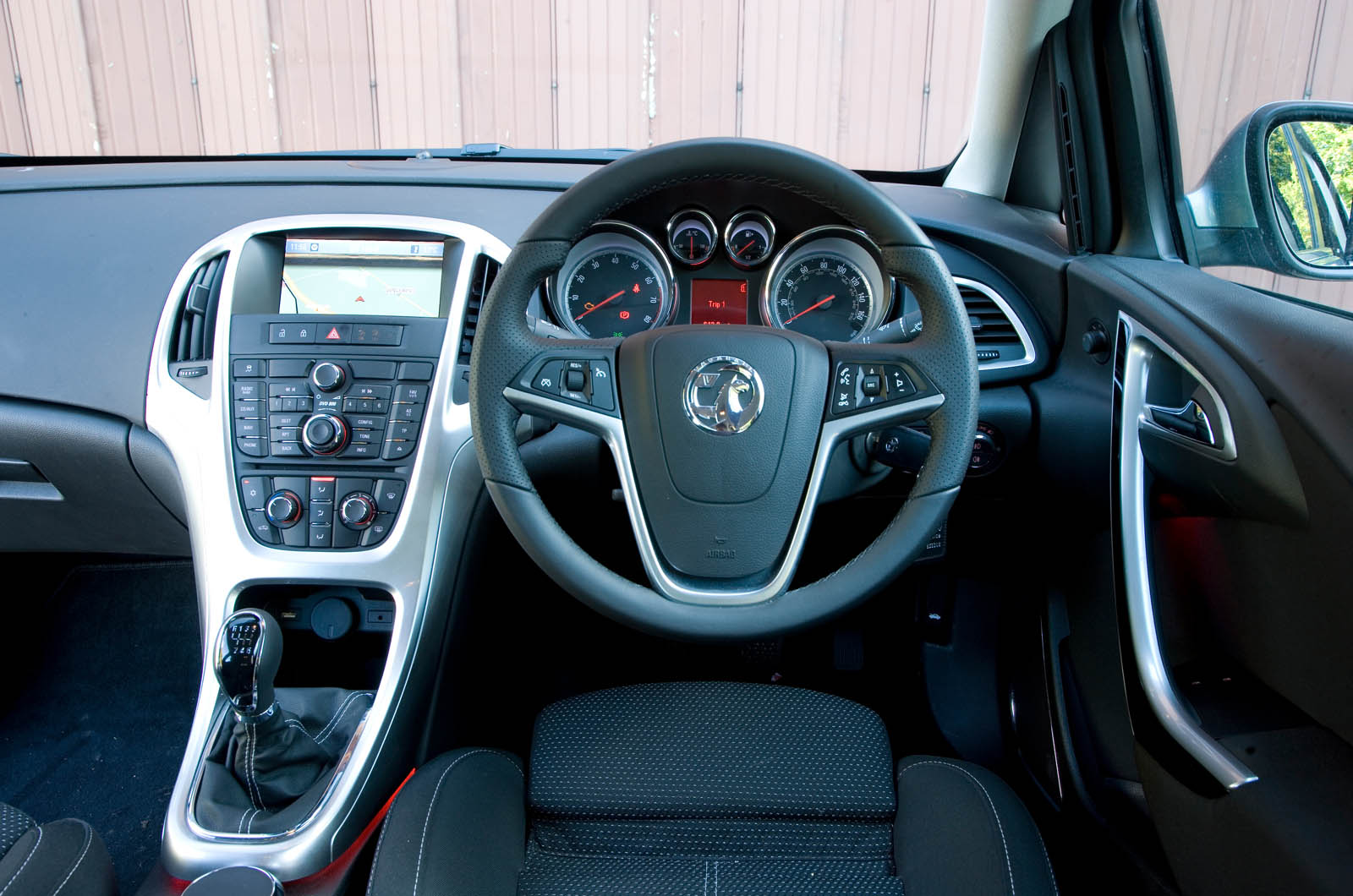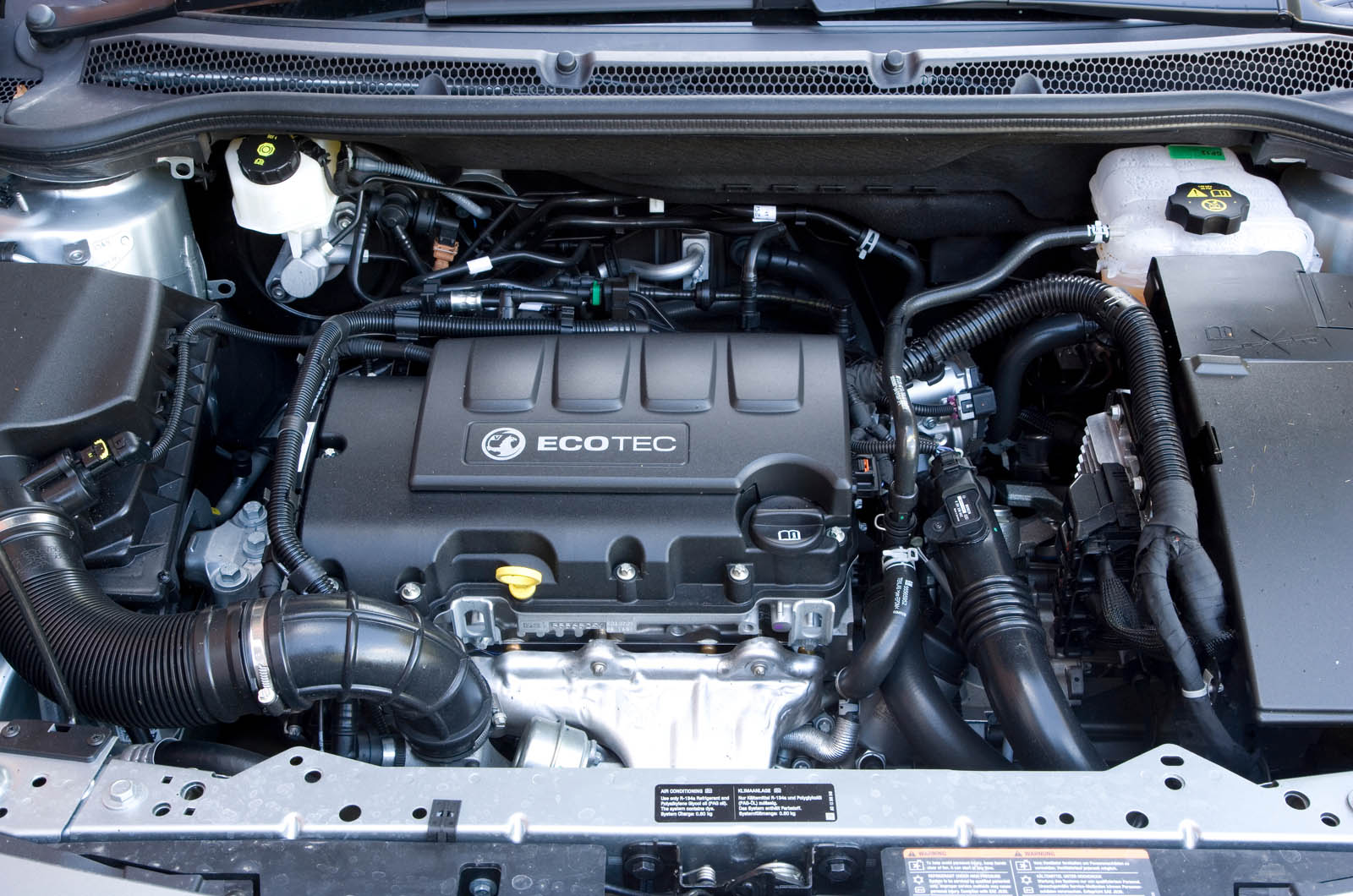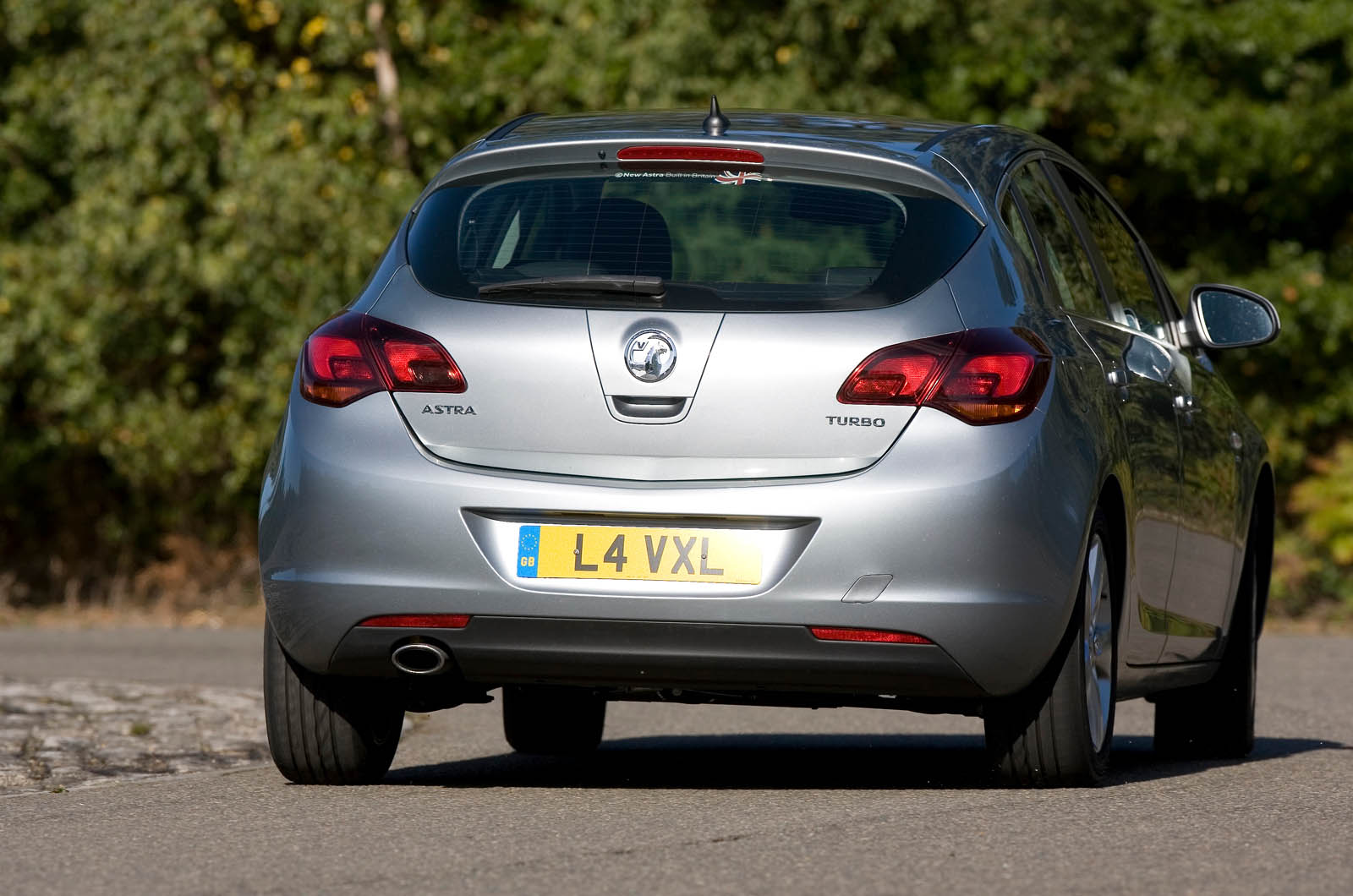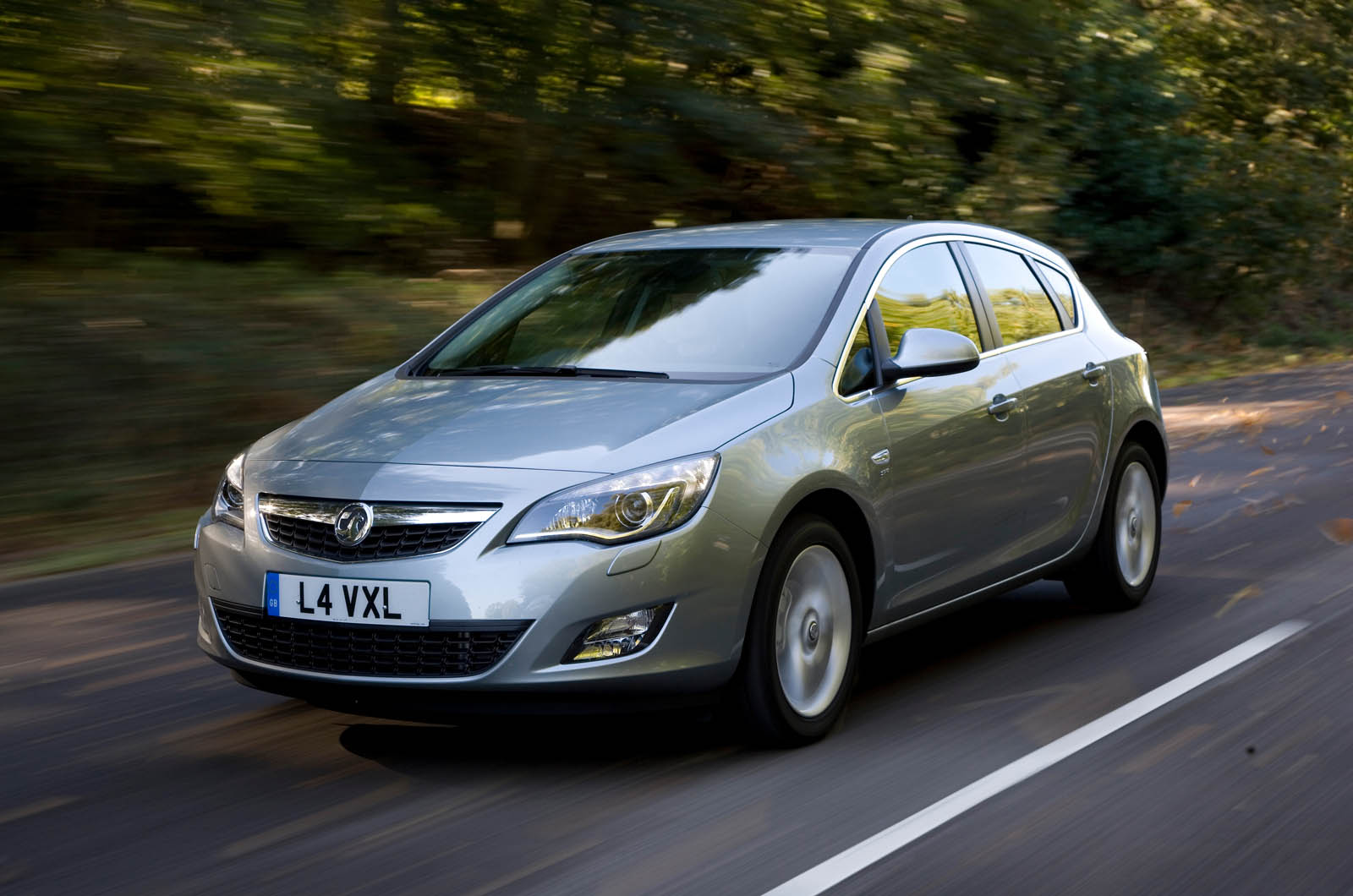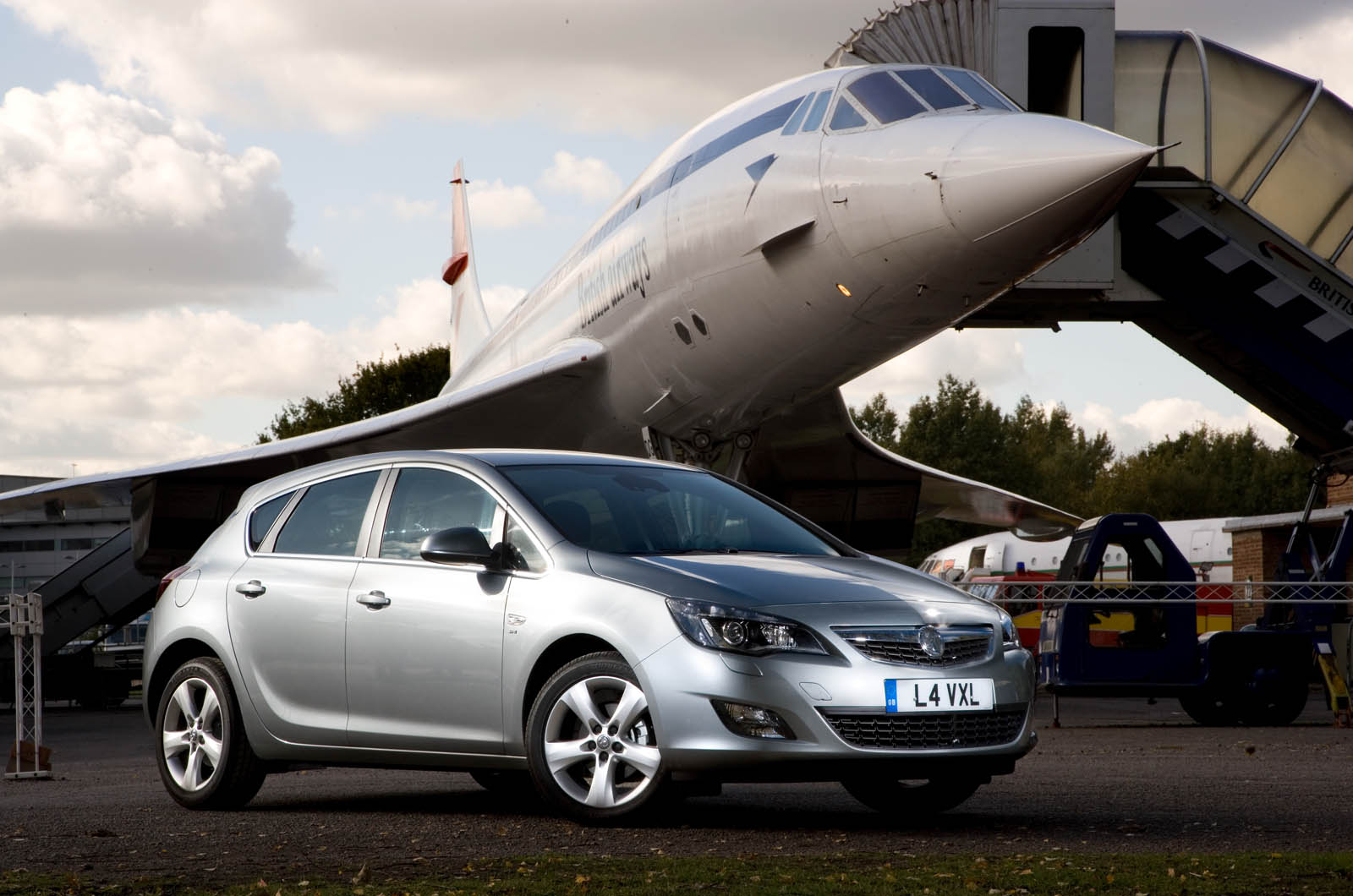There is no more perpetual bridesmaid in the entire automotive canon than the Vauxhall Astra.
Look back as far as you like and you’ll note there’s never been a clunker since its launch in 1979. Fans will note with approval that adds up to six generations of consistent high standards across the board.
But in that time too there has always been something, be it a Volkswagen Golf of Ford Focus, to provide customers with an even better reason to shop elsewhere. When the class best are brilliant, being merely rather good is often not good enough.
Seemingly in tacit acknowledgement that hitherto at least the Astra has lacked the quality to compete with the very best, Vauxhall has made sure that, if nothing else, no one is going to complain about the quantity of models on sales.
Except we will: the range is utterly bewildering even for us who are meant to know a thing or two about cars, let alone typical customers who may have neither knowledge nor interest beyond a need for family transport.
There are, for instance, 10 different engine choices to make between a 1.4-litre petrol engine with 87bhp, and a twin turbo 2-litre diesel with 195bhp – and that’s not including the 280bhp VXR model.
If you think that’s daunting, consider there are a further 10 trim levels to consider, some aimed at business travellers, others at private buyers. Expression, Exclusive, Design Techline, SRi and Elite are just half of them.


